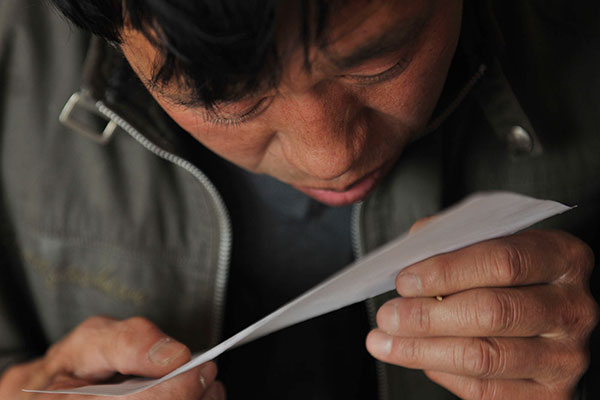Residents without hukou pin hopes on new policy
Updated: 2015-12-03 16:49
(chinadaily.com.cn)
|
||||||||
As highlighted in Wan's survey, cases with no hukou cover different situations. Apart from additional babies, children born out of wedlock and people who lost relevant certificates are also among the targeted group.
Earlier this year, two young people aroused people's attention by seeking donations of 40,000 yuan ($6,440) to cover the social maintenance fees of their baby at a crowdfunding website. The two were previously lovers but broke up when the woman was 17 weeks' pregnant.
Later, when the mother tried applying for a hukou for her newborn, she was required to pay a social maintenance fee and hand in the medical examination proving that the man was the biological father.
Social maintenance fees vary in different provinces, ranging from 30,000 yuan to 800,000 yuan.
Another type of case involves university graduates.
Students usually transfer their hukou from their hometown to university when starting campus life, and move it again after graduation. But sometimes graduates lose files needed for the transfer and then become one of those without a hukou.
The re-registration of a hukou took Wang Yuan (alias), a graduate from Guangzhou, South China's Guangdong province, more than six months.
A survey shows that except graduates, those without a hukou receive a lower level of education. About 44.2 percent are illiterate or have no formal education, and 30.7 percent only received elementary education.
According to Wan's survey, children born in violation of the family planning policy account for more than 50 percent of the total number with no hukou.
"The real number of household registrations is an important aspect of national conditions," said Lu Jiehua, a professor at Peking University, "For individuals, it's the pass for education, medical treatment and travel."
- Locals have tradition of drying foods during harvest season
- Beijing-Tianjin-Hebei govts to cooperate on emissions control
- Web promotion of prostitution to be targeted
- Two more spells of smog predicted to sweep North China
- Glass bridge in grand canyon of Zhangjiajie under construction
- Road rage cases pose huge safety challenge

 Gunmen go on a killing spree in Southern California
Gunmen go on a killing spree in Southern California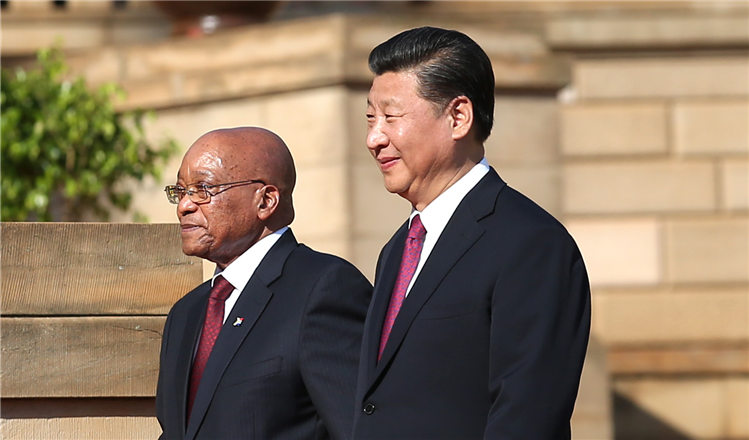
 Chinese, South African presidents hold talks to cement partnership
Chinese, South African presidents hold talks to cement partnership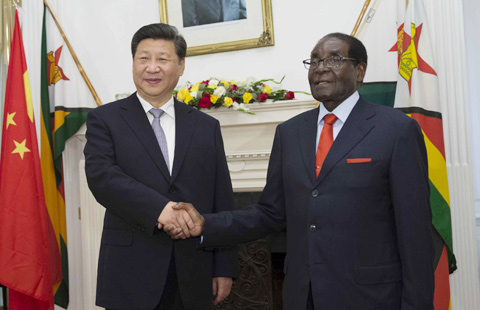
 China, Zimbabwe agree to boost cooperation
China, Zimbabwe agree to boost cooperation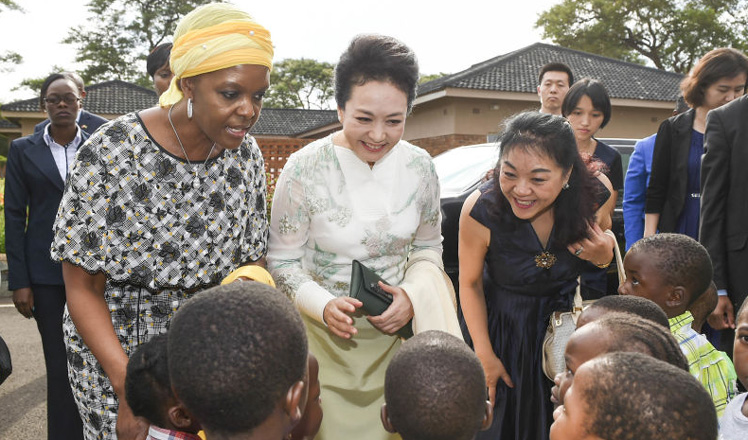
 First lady visits Africa's 'new window' on China
First lady visits Africa's 'new window' on China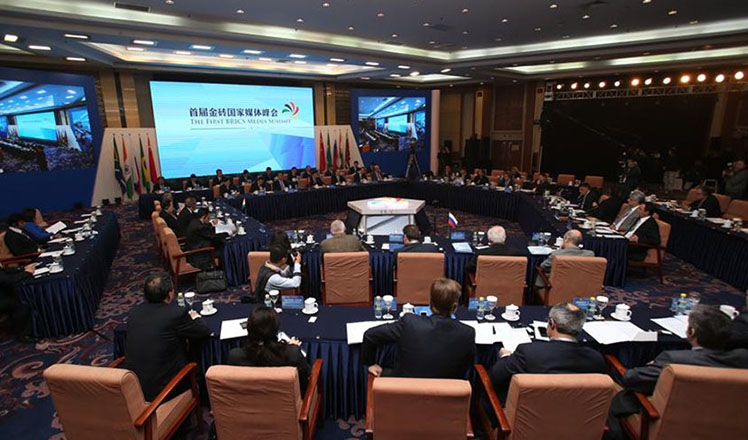
 BRICS media leaders to secure louder global voice
BRICS media leaders to secure louder global voice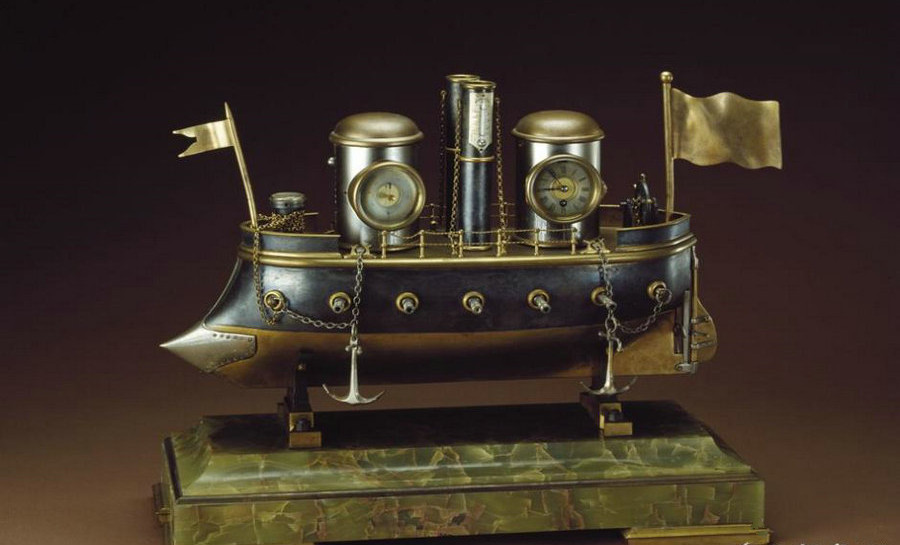
 Western science in the eyes of Chinese emperors
Western science in the eyes of Chinese emperors
 Top 10 smartphone vendors with highest shipments in Q3 2015
Top 10 smartphone vendors with highest shipments in Q3 2015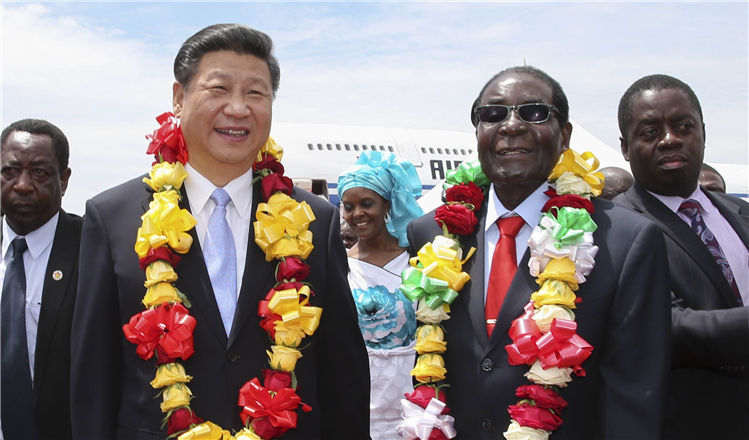
 A deepening friendship
A deepening friendship
Most Viewed
Editor's Picks

|

|

|

|

|

|
Today's Top News
Shooting rampage at US social services agency leaves 14 dead
Chinese bargain hunters are changing the retail game
Chinese president arrives in Turkey for G20 summit
Islamic State claims responsibility for Paris attacks
Obama, Netanyahu at White House seek to mend US-Israel ties
China, not Canada, is top US trade partner
Tu first Chinese to win Nobel Prize in Medicine
Huntsman says Sino-US relationship needs common goals
US Weekly

|

|
